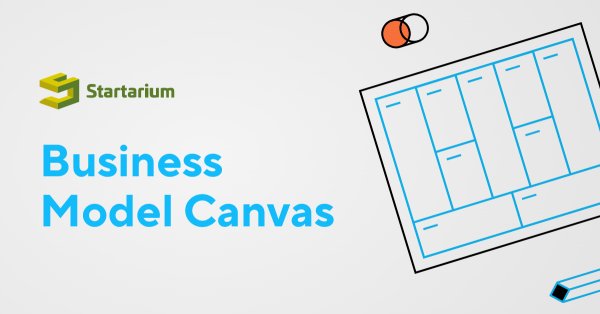Have you decided on how to get money out of your business? The way in which you can monetize what you offer, and the prices, implies a series of decisions you must consider. Find out more about the options that you have and how to make the choices that are right for you.

What monetization strategies are available?
Before setting a number as your price you must decide what to state on your tag. For your clients “how” and “what” they buy may be way more important that “how much” they pay.
Here are some of the most common monetization strategies:
- One time acquisition - Classic. It’s the way we buy most items or services.
- One time acquisition + services. Do you want an extended warranty for an extra amount of money for a camera? Or maybe your developers need you to pay for an extra year of customer support for the software you bought a subscription for last year?
- Monthly/yearly subscription. Magazines, business apps, Netflix or Spotify - subscriptions have become quite common.
- Pay-as-you-go/pay-per-use. It might sound unusual, but Michelin doesn’t sell truck tires to big clients anymore. However, these consumers pay a fixed sum of money for each kilometer travelled by their fleets, same as paying for each minute spent in a conversation on the phone.
- Dynamic pricing. We are already used to the dynamic prices of plane tickets. What we are not used to - or maybe we haven’t noticed, are the smart supermarkets that update the prices of their products in real time, also depending on the time of day.
- Auction. Most of us are exposed to auctions on olx.ro or ebay.com, for instance. These auctions are a mechanism to obtain win-win results in many complex situations.
- Freemium. Especially when it comes to technology, the base package is free, and the entrepreneur bets that enough clients are going to pay for the Premium package.
How do I choose the right model?
If you want to take a better decision, consider the following questions:
- To what extent are the clients going to accept or understand the model?
- How does the model fit your long-term plans?
- How does the model fit the state in which your business is right now?
- What is your competition doing?
- How difficult is for your model to be implemented?
Other things to consider if you are a creative entrepreneur
Apart from the strategy itself, there are some additional particularities to creative industries you should be aware of. One of them is actually the monetization of intellectual property. This may include exclusivity rights, specific types of collaboration with brands, other companies or public institutions.
Before beginning any project or collaboration you should do some research about the legal implications they require. If some are not necessarily something you are comfortable with, maybe you could find other opportunities.
For instance, for a visual artist, gallery representation can come with a lot of advantages - however it can also mean accepting terms and conditions that they do not fully agree with (if they don't do their research right beforehand and if they don't read their contracts). For a musician, having their music used in movies, during events or competitions can be a great opportunity but it can also mean being associated to messages they don't actually support.























